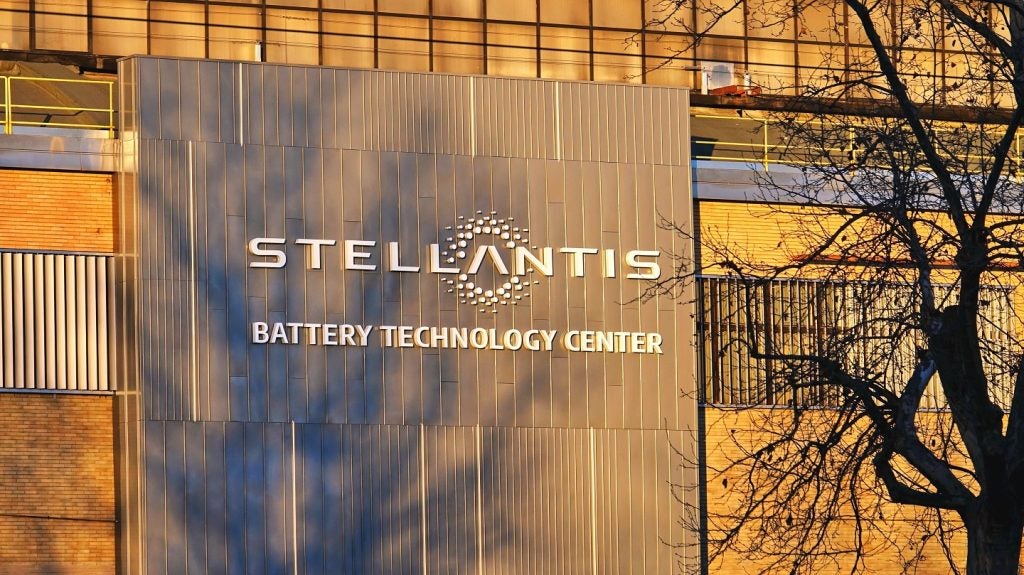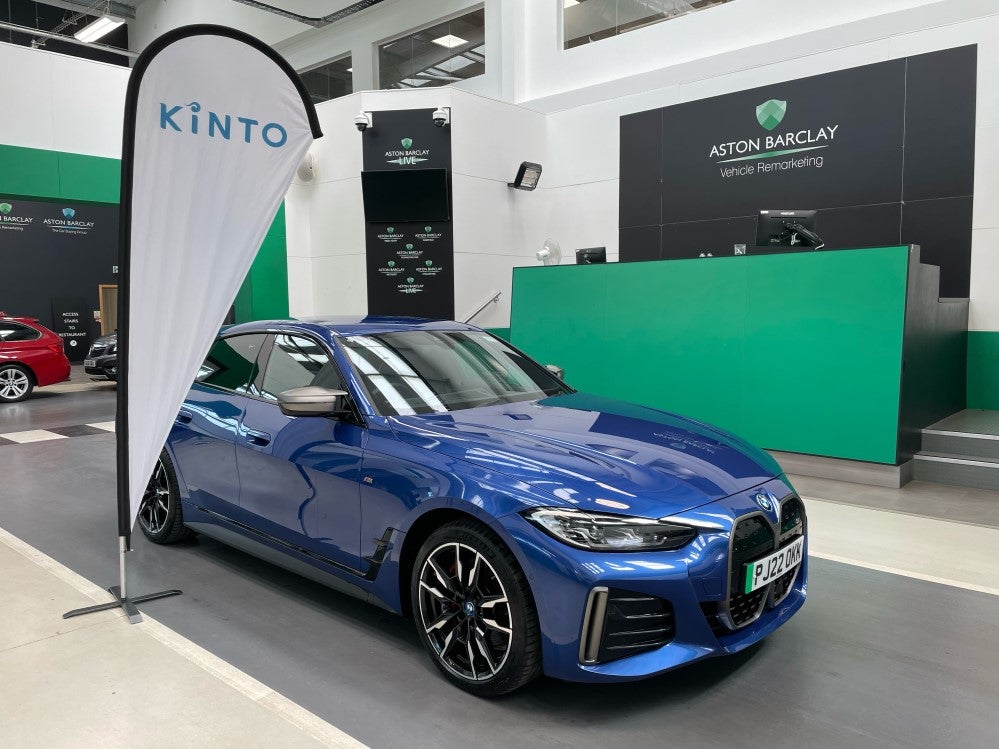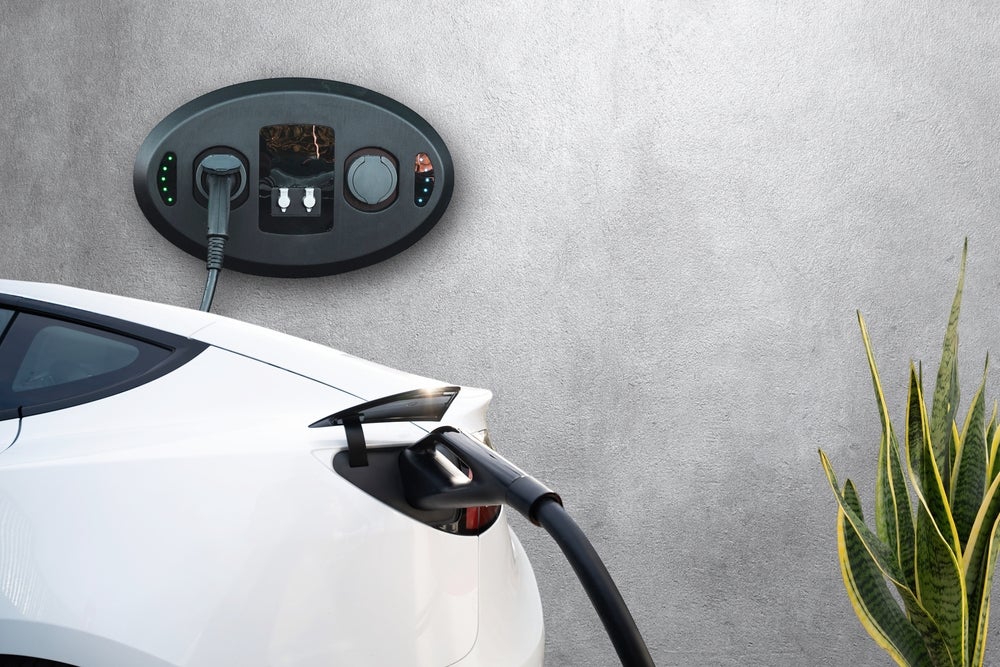
The Electric Car Scheme today revealed the top 10 most popular EV’s through their salary sacrifice scheme in 2023, as well as predictions for 2024 and how the UK government can encourage EV uptake.
The number of fully electric vehicles on UK roads is predicted to reach 1 million this month, and while Tesla may have lost its crown as the top selling EV manufacturer in the world to BYD last month, its dominance of the UK market looks set to continue.
The Electric Car Scheme reveals below the top sellers through their salary sacrifice scheme.
Top Ten by Model
Top Ten by Brand
- Tesla
- BMW
- MG
- Audi
- Kia
- Cupra
- Volvo
- Skoda
- Polestar
- Nissan
Alongside the data for 2023, The Electric Car Scheme has predicted that Tesla will continue to dominate the EV market in the UK, with the Tesla Model 3 Highland taking top spot and the Model Y not far behind in third.
How well do you really know your competitors?
Access the most comprehensive Company Profiles on the market, powered by GlobalData. Save hours of research. Gain competitive edge.

Thank you!
Your download email will arrive shortly
Not ready to buy yet? Download a free sample
We are confident about the unique quality of our Company Profiles. However, we want you to make the most beneficial decision for your business, so we offer a free sample that you can download by submitting the below form
By GlobalData2024 Top Ten Prediction
- Tesla Model 3 Highland
- BMW i4
- Tesla Model Y
- Volvo EX30
- Polestar 2 2024
- Audi A6 E-Tron
- Renault 5 E-Tech
- Range Rover Electric
- Volkswagen ID.5
- MG Cyberster
While demand for Electric Vehicles in the UK is undoubtedly high, and many are looking forward to picking up their first EV in 2024, there is plenty of work still to do to encourage mass uptake. A point backed up by the fact that the overall share of EVs sold in 2023 was unmoved from 2022 at around 16% (although overall numbers of EVs sold increased).
Thom Groot, co-founder of The Electric Car Scheme, discusses how the government can encourage mass adoption of EVs in 2024: “The price of EVs must drop dramatically. Mass adoption during a cost of living crisis will be impossible if fossil fuel cars remain so much cheaper to initially buy – and our research suggests that even younger generations very worried about climate change won’t pay more than 29.8%.
Thankfully there are already signs of this happening: A whole host of manufacturers in China are building cheap and reliable electric cars, and the second-hand market of cars that are currently in the leasing or fleet market is starting to really boom. The UK Government must be open to these cheaper cars from overseas entering our market.”
Charging taxes need to come down. It is patently ridiculous that anyone without a driveway is essentially barred from having an electric car right now, as charging in public rather than at home incurs a far higher VAT rate. It’s time to end this pavement tax and let everyone get the cheap charging that makes EVs so much more affordable than fossil fuel cars over time.
Subsidies for fossil fuel use need to end. The UK Government has frozen taxes on petrol for over a decade now, even as the cost of roading infrastructure has increased – an effective subsidy on the drug this country needs to quit. No one wants to see fuel poverty, but properly pricing petrol will give the market signal that is needed – fossil cars are on the way to being museum pieces, and should be avoided.
Infrastructure must be super-charged. Range anxiety is often used as a cudgel by people who realistically will rarely drive hundreds of km in one day. But to get more people over the line we need everyone to be confident that going on a holiday in an EV isn’t going to slow you down. The Government and local authorities need to do all they can to increase charging infrastructure, possibly by requiring that all new carparks over a certain size need charging ports.”
moDel sees 1m vehicle handovers in 2023







